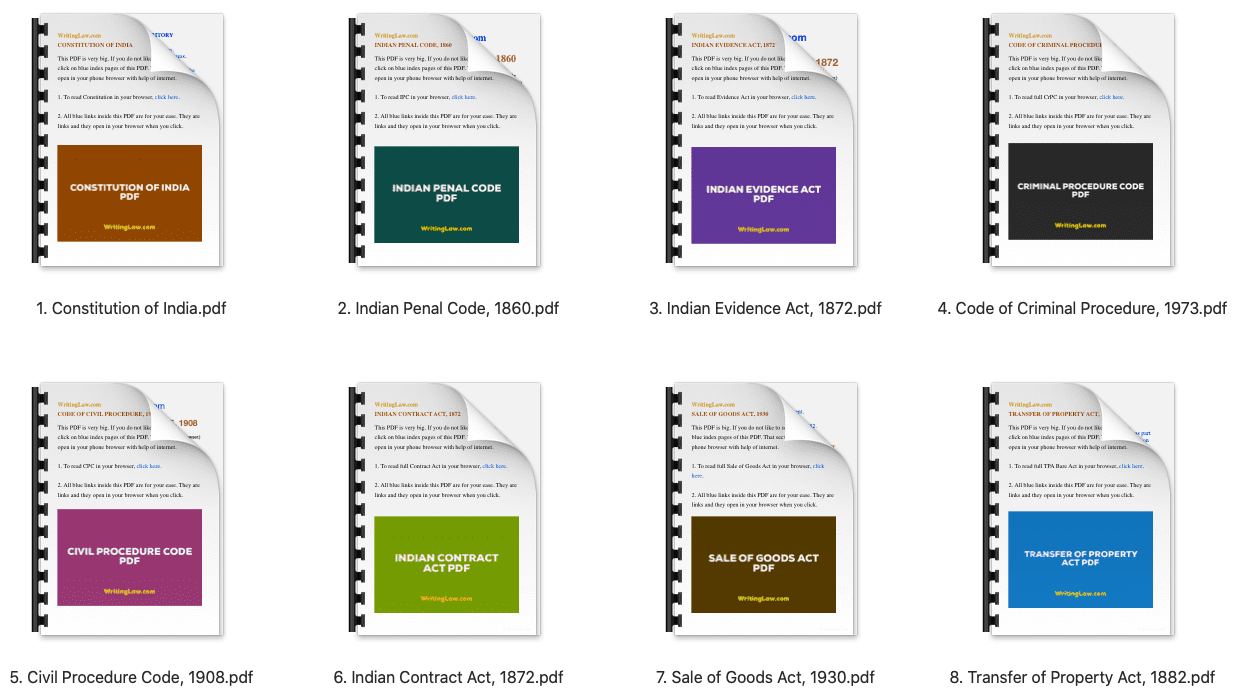
Motive: Motive is the ulterior element for committing a crime. It is something that makes a person commit a crime. For example, If A and B are enemies for the last 10 years. And one day A kills B. From their previous relation, it can be assumed that what could be the reason for A to kill B. For every crime, there is a reason, and that is motive.
Intention: Intention to commit a crime is seen from the act which a person commits. Giving poison to someone shows the intention of a person killing another person. The intention of a person can be seen from the overt act. (overt: done or shown openly, undisguised)

Knowledge: Knowledge is having possible information of the consequences of an act. For example, If A knows that B’s intestines are swelling and any blow on it may cause serious injury to B, resulting in death. And A gives a blow to B on that part only. Here A has knowledge of the act he committed.
- 18 Most Important Amendments to the Indian Constitution - 12th August 2023
- 8 Kinds and Theories of Punishment - 22nd July 2023
- What Is the Meaning of Res Judicata in Civil Procedure Code? - 22nd January 2023







For bihar judiciary preparation pls provide (1) commercial law notes (sales of goods+NI act+company law + patnership act) (2) T.P act + equity + trusts and specific relief act! Thank you
Currently, Law Notes that I have are on important topics and not full subjects. You can see everything here.